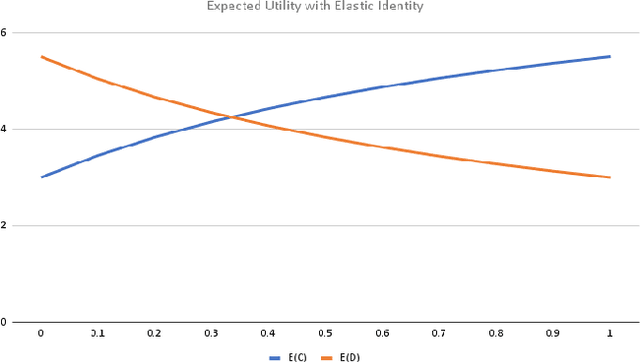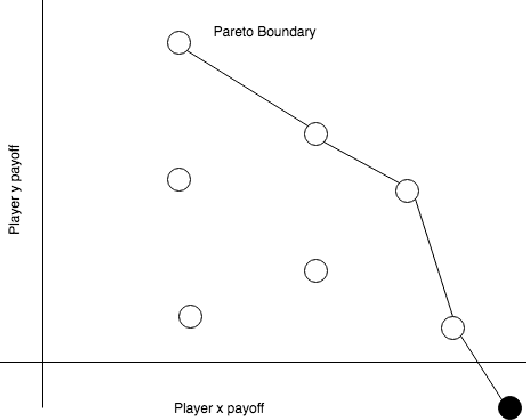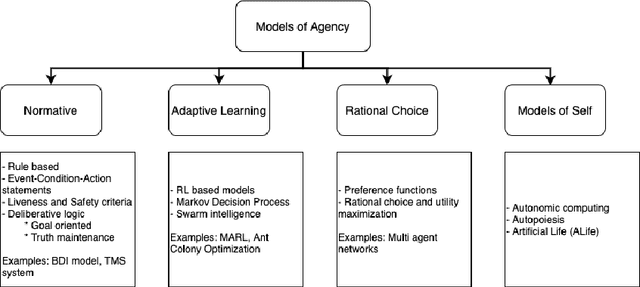Jayati Deshmukh
Safe and Socially Aware Multi-Robot Coordination in Multi-Human Social Care Settings
Jul 03, 2025Abstract:This research investigates strategies for multi-robot coordination in multi-human environments. It proposes a multi-objective learning-based coordination approach to addressing the problem of path planning, navigation, task scheduling, task allocation, and human-robot interaction in multi-human multi-robot (MHMR) settings.
AI and the Sense of Self
Jan 07, 2022



Abstract:After several winters, AI is center-stage once again, with current advances enabling a vast array of AI applications. This renewed wave of AI has brought back to the fore several questions from the past, about philosophical foundations of intelligence and common sense -- predominantly motivated by ethical concerns of AI decision-making. In this paper, we address some of the arguments that led to research interest in intelligent agents, and argue for their relevance even in today's context. Specifically we focus on the cognitive sense of "self" and its role in autonomous decision-making leading to responsible behaviour. The authors hope to make a case for greater research interest in building richer computational models of AI agents with a sense of self.
Paradigms of Computational Agency
Dec 10, 2021
Abstract:Agent-based models have emerged as a promising paradigm for addressing ever increasing complexity of information systems. In its initial days in the 1990s when object-oriented modeling was at its peak, an agent was treated as a special kind of "object" that had a persistent state and its own independent thread of execution. Since then, agent-based models have diversified enormously to even open new conceptual insights about the nature of systems in general. This paper presents a perspective on the disparate ways in which our understanding of agency, as well as computational models of agency have evolved. Advances in hardware like GPUs, that brought neural networks back to life, may also similarly infuse new life into agent-based models, as well as pave the way for advancements in research on Artificial General Intelligence (AGI).
* Earlier version of this paper was published as a book chapter in the book titled Novel Approaches to Information Systems Design
 Add to Chrome
Add to Chrome Add to Firefox
Add to Firefox Add to Edge
Add to Edge